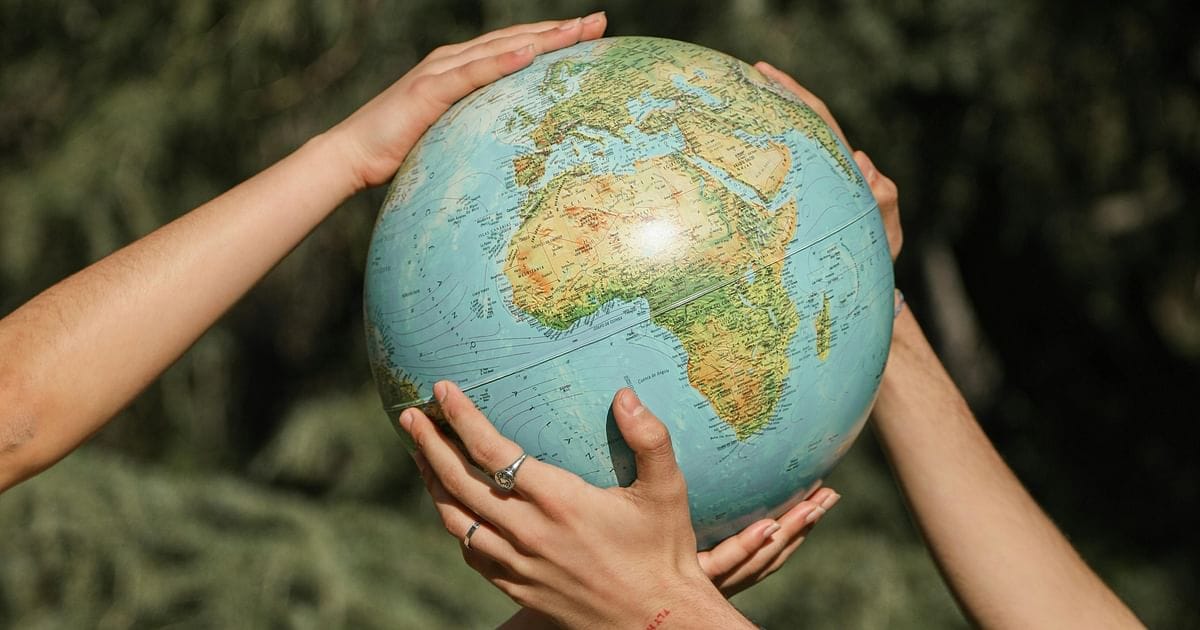If Earth gets sick, so do you

Source: Deccan Herald
London: A hotter world is likely to be a sicker world.
Earth's growing fever has obvious repercussions for human health, like heatwaves that are hotter than our physiology can tolerate. Humanity's departure from the stable climate it inherited will yield surprises, too, though. Some of those may be existing diseases appearing in new places or spreading with greater ferocity. And some, experts fear, may be new diseases entirely.
The mosquito-borne infection malaria killed more than half a million people each year during the last decade. Most of these victims were children and almost all (95 per cent in 2022) were in Africa.
As a source of disease, infectious mosquitoes are at least predictable in their need for three things: warm temperatures, humid air and puddles to breed in. So what difference will global heating make? Parasites are on the march. "The relationship between climate and malaria transmission is complex and has been the subject of intense study for some three decades," say water and health experts Mark Smith (University of Leeds) and Chris Thomas (University of Lincoln).
Much of this research has focused on sub-Saharan Africa, the global epicentre of malaria cases and deaths. Smith and Thomas combined temperature and water movement projections to produce a continent-wide analysis of malaria risk.
